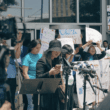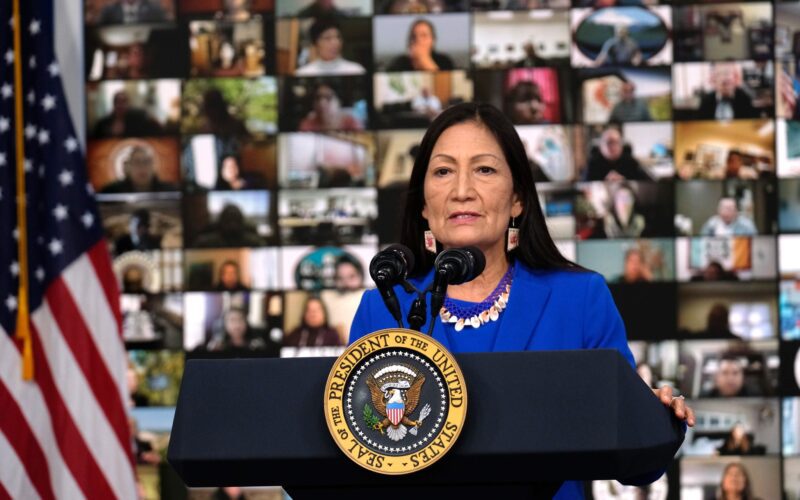Sign up here to receive The Yappie's weekly briefing on Asian American + Pacific Islander politics and support our work by making a donation.
The Department of the Interior (DOI) announced its first-ever consultation policy with Native Hawaiian communities in October. The policy will require the agency to engage in pre-decisional consultations with Native Hawaiian organizations and community leaders regarding agency plans and actions. Here's what you need to know.
✍️ What’s included: The initial draft of the new policies and accompanying procedures establishes bi-annual meetings between the Interior secretary and Native Hawaiian community leaders. Also included are provisions that mandate staff training on engaging in consultations and a record of documentation to be implemented across DOI bureaus and offices.
- Hawai‘i government officials praised the announcement as a step towards the inclusion of Native Hawaiian perspectives in federal policymaking and a greater recognition of self-governance, reports Michael Tsai for Spectrum News.
?️ Yes, but: The Interior Department's draft policies recognize self-determination through the government-to-sovereign relationship between the U.S. and Native Hawaiian community, but Native Hawaiians have pushed back against the recent establishment of this relationship, which is similar to that of many tribal nations.
- Kanaka Maoli scholar and activist Uahikea Maile, in a 2021 opinion piece for The Guardian, describes federal recognition as a “symbolic form of self-governance” that denies the Native Hawaiian government territorial jurisdiction, ignores claims for land back, and aims to “cover up the original crime” of illegal annexation.
? The big picture: The agency's announcement arrives ahead of the White House Tribal Nations Summit scheduled to take place at the end of November. Both initiatives fall under President Joe Biden’s broader goals of strengthening ties with and fulfilling promises to Indigenous communities, but his administration’s efforts overlay a centuries-long history of struggles for Indigenous sovereignty.
This story appeared as "The Big Story" in The Yappie's Oct. 31, 2022 newsletter.
The Yappie is your must-read briefing on AAPI power, politics, and influence, fiscally sponsored by the Asian American Journalists Association. Make a donation, subscribe, and follow us on Twitter (@theyappie). Send tips and feedback to [email protected].









